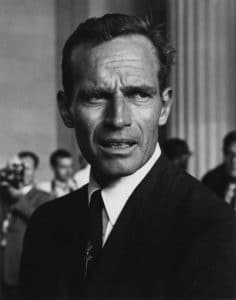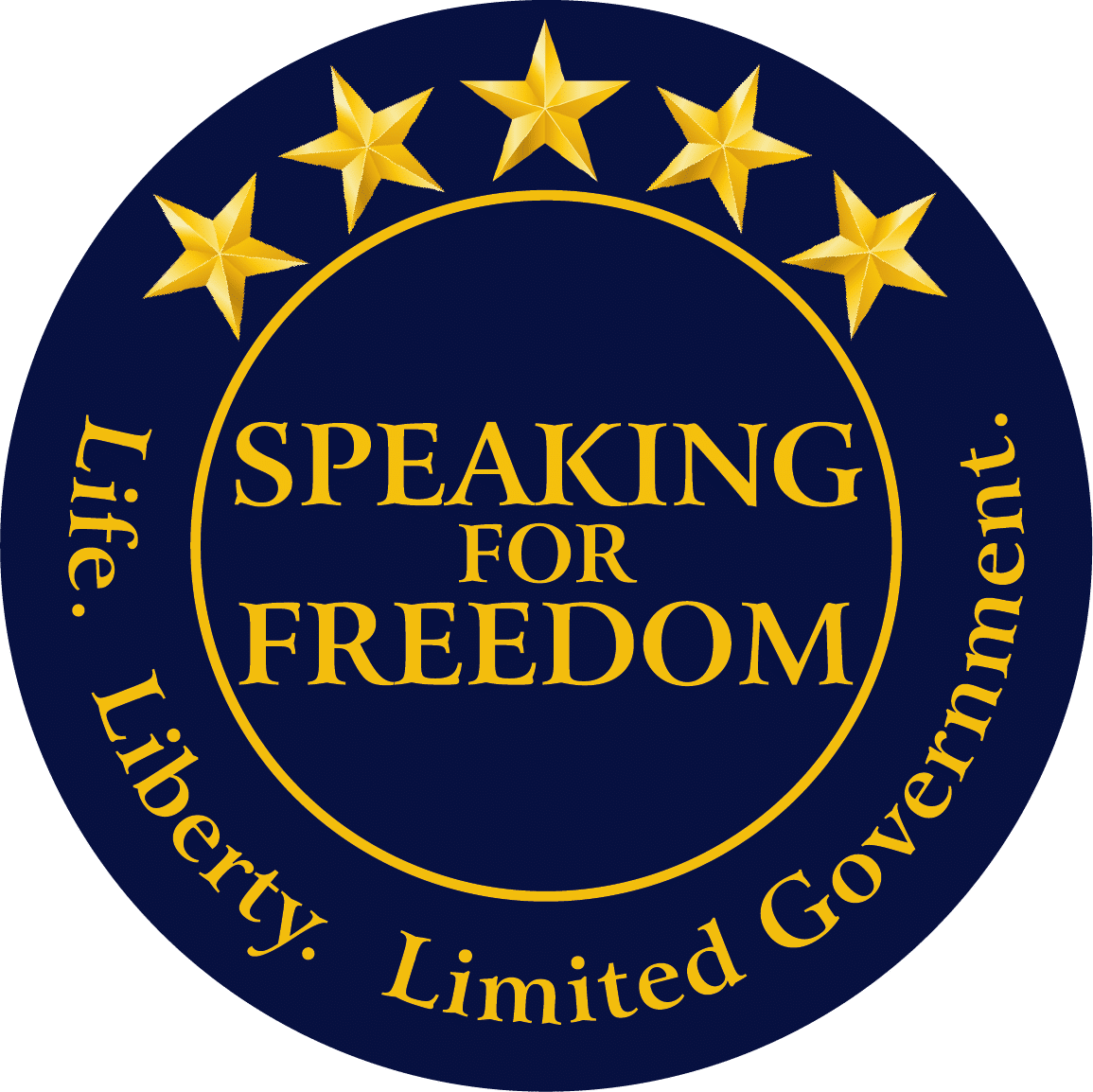
Charlton Heston (1923 – 2008)
Charlton Heston: An Iconic Career and Political Journey
Charlton Heston, the American actor, known for his deep voice and commanding presence on screen, was much more than just a Hollywood star. He was a man with strong political convictions and an unwavering commitment to the Second Amendment.
Early Years
Charlton Heston was born in Evanston, Illinois in 1923. His family later moved to Michigan where he grew up in a rural area outside of Chicago. After serving in World War II, he attended Northwestern University where he studied drama. In 1948, he made his Broadway debut in Antony and Cleopatra.
Hollywood Stardom
Heston’s breakout role came when he played Moses in Cecil B. DeMille’s epic film The Ten Commandments in 1956. This was followed by starring roles in classic films such as Ben-Hur (1959), El Cid (1961), The Agony and the Ecstasy (1965), Planet of the Apes (1968) and Soylent Green (1973). He won the Academy Award for Best Actor for his performance as Judah Ben-Hur in Ben-Hur and played John the Baptist in The Greatest Story Ever Told (1965).
Throughout his acting career, Heston was known for playing larger-than-life characters who embodied strength and courage. He had an imposing physical presence that made him perfect for playing historical figures like Moses and Ben-Hur.
Political Activism
In the 1960s, Heston became increasingly involved in politics. He campaigned for Democratic presidential candidate Adlai Stevenson during the 1952 election but became disenchanted with the party after they failed to support civil rights legislation.
In 1961, he became a Republican and campaigned for Barry Goldwater during the 1964 presidential election. He supported Martin Luther King Jr and attended the March on Washington DC on August 28th, 1963, when King delivered his I Have a Dream speech.
He later served as the president of the Screen Actors Guild from 1966 to 1971.
Second Amendment Advocacy
Heston’s showed unwavering support for the Second Amendment. He became a vocal advocate for gun rights in the wake of the assassinations of Martin Luther King Jr. and Robert F. Kennedy in 1968.
In 1997, Heston became the president of the National Rifle Association (NRA). During his tenure, he famously declared that “from my cold, dead hands” would anyone take away his guns. This statement became a rallying cry for gun 2nd Amendment supporters across America.
Later Years and Legacy
Heston continued acting into his later years, but his political activism took center stage. One of his greatest speeches was about winning the culture war. In this speech, Heston warned about the growing threat of political correctness leading to a loss of free speech.
He retired from acting in 2003 and passed away in 2008 at the age of 84.
Charlton Heston was much more than just an actor. He was a man with strong convictions who used his platform to champion causes that were important to him.
Charlton Heston Harvard Speech 1999 – Winning the Cultural War
Charlton Heston’s Speech delivered as closing remarks at the NRA convention in 2000 is well known for the quote “From my cold dead hands!” But Charlton Heston’s politics were more clearly explained in his Winning the Cultural War Speech, delivered at Harvard University in 1999.
Charlton Heston Quotes
“I believe that we are again engaged in a great civil war, a cultural war that’s about to hijack your birthright to think and say what lives in your heart. I’m sure you no longer trust the pulsing lifeblood of liberty inside you, the stuff that made this country rise from wilderness into the miracle that it is.”
“As I’ve stood in the crosshairs of those who target Second Amendment freedoms, I’ve realized that firearms are – are not the only issue. No, it’s much, much bigger than that. I’ve come to understand that a cultural war is raging across our land, in which, with Orwellian fervor, certain accepted thoughts and speech are mandated.”
“If Americans believed in political correctness, we’d still be King George’s boys – subjects bound to the British crown.”
“Political correctness is just tyranny with manners. I wish for you the courage to be unpopular. Popularity is history’s pocket change. Courage is history’s true currency.”
“Telling us what to think has evolved into telling us what to say, so telling us what to do can’t be far behind.”
“I simply cannot stand by and watch a right guaranteed by the Constitution of the United States come under attack from those who either can’t understand it, don’t like the sound of it, or find themselves too philosophically squeamish to see why it remains the first among equals: Because it is the right we turn to when all else fails. That’s why the Second Amendment is America’s first freedom.”
“You simply disobey. Peaceably, yes. Respectfully, of course. Nonviolently, absolutely. But when told how to think or what to say or how to behave, we don’t. We disobey the social protocol that stifles and stigmatizes personal freedom.”
“It scares me to death, and should scare you too, that the superstition of political correctness rules the halls of reason. What does all of this mean? It means that telling us what to think has evolved into telling us what to say, so telling us what to do can’t be far behind. Before you claim to be a champion of free thought, tell me: Why did political correctness originate on America’s campuses? And why do you continue to tolerate it? Why do you, who’re supposed to debate ideas, surrender to their suppression?”
“It’s the camel’s nose in the tent. Look at Stalin, Mussolini, Hitler, Mao Zedong, Pol Pot, Idi Amin – every one of these monsters, on seizing power, their first act was to confiscate all firearms in private hands.”
“In that same spirit, I’m asking you to disavow cultural correctness with massive disobedience of rogue authority, social directives, and onerous laws that weaken personal freedom.”
“So that this nation may long endure, I urge you to follow in the hallowed footsteps of the great disobediences of history that freed exiles, founded religions, defeated tyrants, and yes, in the hands of an aroused rabble in arms and a few great men, by God’s grace, built this country.”
